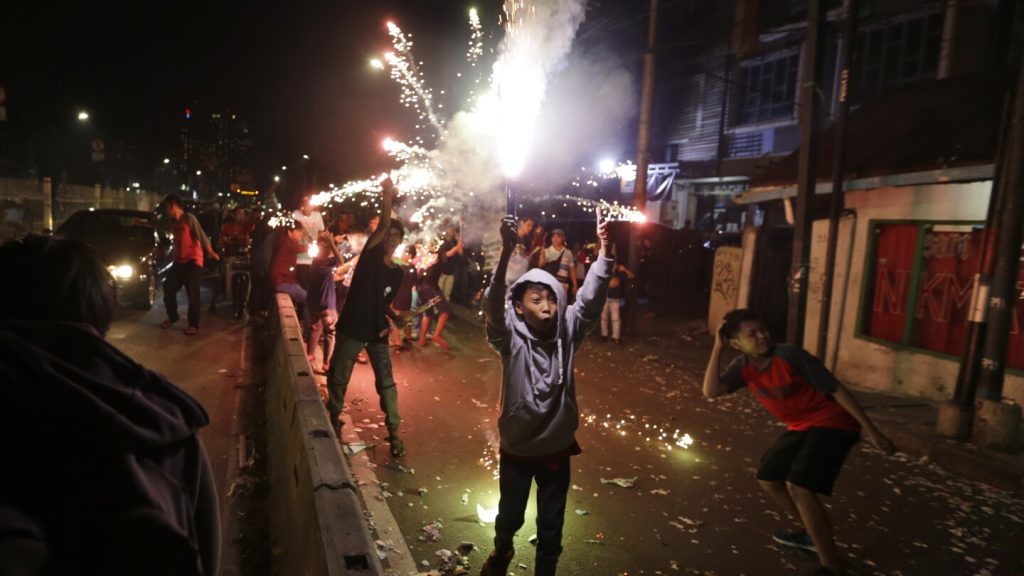Muslims around the world are preparing to celebrate Eid al-Fitr, the holiday that marks the end of the holy month of Ramadan. During Ramadan, Muslims fast daily from dawn to sunset and engage in increased worship, charity, and good deeds. Eid al-Fitr is a time of congregational prayers, festivities, family visits, gatherings, and new clothes. This year, as Muslims around the world observed Ramadan, advocacy, prayers, and charity for Palestinians in Gaza were at the forefront of many people’s minds as the Israel-Hamas war continues.
Eid al-Fitr is an Islamic holiday that follows the lunar calendar, so the exact date may vary among countries and Muslim communities. This year, Eid al-Fitr is expected to be on or around April 10. Common Eid greetings include Eid Mubarak, Blessed Eid, and Happy Eid. The holiday is known as the feast or festival of breaking the fast, and it signifies the end of Ramadan and the beginning of celebrations.
In Indonesia, the world’s most populous Muslim-majority country, many people partake in a homecoming tradition known as “mudik” during Eid al-Fitr. This tradition sees an estimated 193.6 million travelers crisscrossing the vast archipelago to celebrate the holiday with loved ones in their hometowns. In Malaysia, Muslims also have a homecoming tradition for Eid that involves seeking forgiveness, visiting loved ones’ graves, and enjoying traditional delicacies such as ketupat and rendang.
In Egypt, families partake in Eid prayers amidst a festive atmosphere, visit relatives, friends, or neighbors, and some travel to vacation spots. Children receive traditional cash gifts known as “eidiya,” and making or buying Eid cookies dusted with powdered sugar is a common practice. In the United States, where Muslims make up an ethnically and racially diverse minority, many communities come together for Eid prayers and festivals featuring fun activities for children and families, such as face painting and balloon twisting.
Overall, Eid al-Fitr is a time for Muslims around the world to come together in celebration, reflection, and community. The holiday signifies the end of Ramadan and the beginning of joyful festivities, family gatherings, and acts of charity. As Muslims bid farewell to Ramadan and welcome Eid al-Fitr, they do so with a spirit of gratitude, love, and unity. Regardless of where they are in the world, Muslims mark the occasion with customs and traditions that reflect their cultural backgrounds and religious beliefs.


